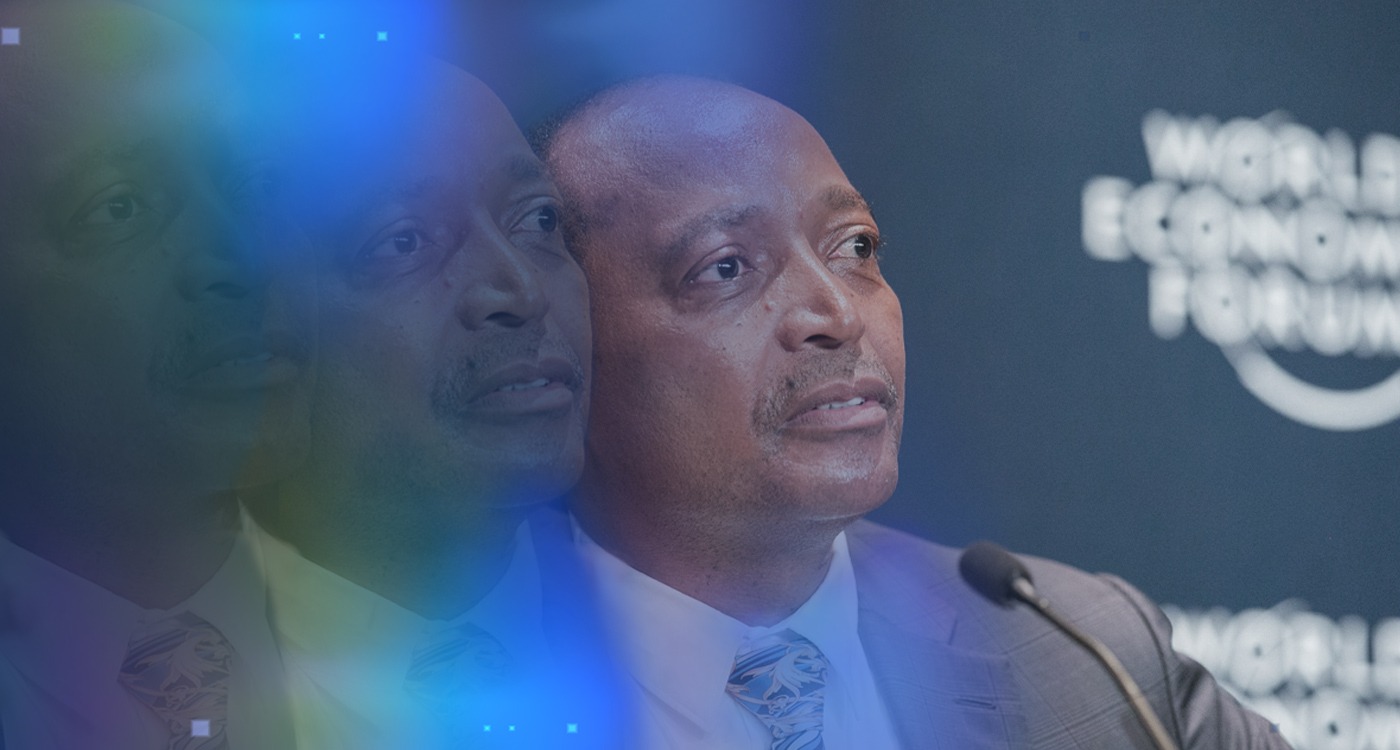Finance Minister Malusi Gigaba signed and gazetted various provisions of the Financial Intelligence Centre (FIC) Amendment Act, National Treasury said on Tuesday.
“Commenting on the signing of the Act, Minister Gigaba said it was critical for government to accelerate the implementation of the Act as it demonstrated government’s commitment to the fight against corruption, money laundering and illicit flows. The Minister added that although the signing of the Act was a big step forward, more work still needed to be done,”Treasury said.
“The key objective of this law is to improve the protection of the the integrity of South Africa’s financial system and strengthen its ability to prevent and punish financial crimes like money laundering, illicit capital flows, tax evasion, corruption and bribery, and financing of terrorism.”
President Jacob Zuma signed the FIC Amendment Act into law on April 26 and gazetted the Act on May 2, but the determination of the commencement date was left to Gigaba, Treasury said in a statement.
According to Treasury, the FIC Amendment Act achieves the above objective by placing the risk‐based approach at the centre of South Africa’s Anti-Money Laundering (AML) and Combating the Financing of Terrorism (CFT) regime.
The Act recognises that the risk of money laundering and terrorist financing can vary by individual, business sector and within sectors.
The implementation of different provisions of the FIC Amendment Actwould start on June 13, 2017, and October 2, 2017. Dates to be determined after October 2, but not later than the end of 2018, Treasury said.
“These provisions do not require changes to existing regulations, exemptions or internal systems of institutions to enable compliance with the FIC Act. The provisions deal mainly with information sharing, consultation arrangements, constitutional concerns relating to inspection powers, and improved functioning of the FIC Act Appeal Board,” Treasury said.
The second set of provisions will commence on 2 October 2017. These provisions, which give effect to the above-mentioned new concepts and approaches, will require changes to existing regulations and exemptions under the FIC Act, as well as staff training and major changes to systems by supervisors, the Office of the Chief Procurement Officer, and accountable institutions. (via African News Agency)
Moody’s Downgrades Eskom’s Ratings With Negative Outlook
Moody’s Investor Services has downgraded power utility Eskom’s credit ratings, this just a day after announcing a downgrade of South Africa’s five major banks.
In a statement on Wednesday morning, Eskom announced that Moody’s had downgraded the corporate family rating (CFR) of Eskom Holdings SOC Limited (Eskom) to Ba2 from Ba1.
The rating agency also revised the senior zero coupon Eurobonds (Section 7 debt under the Eskom Conversion Act, 2001) rating to Ba2 from Ba1 in line with the CFR, while simultaneously, Moody’s had downgraded to Ba3/(P) Ba3 respectively the unsecured global medium term notes (GMTN) and GMTN programme of Eskom.
The outlook on all ratings was negative, Eskom added.
The power utility said the downgrade followed the rating agency’s decision to downgrade South Africa’s Sovereign credit rating by one-notch to Baa3 with a negative outlook on June 9.
“We note the Moody’s rating action as primarily driven by the downgrade of the Sovereign credit rating,” Anoj Singh, Eskom’s chief financial officer, said.
Eskom has secured 53% of this fiscal year’s funding requirement and we remain resolute that we will fully execute the required funding for the year, albeit under challenging market conditions.
“Our liquidity levels remain healthy and Eskom’s financial profile continues to improve and stabilise. Backed by the availability of the government guarantees and the stable financial profile, we do not foresee significant impediments in the execution of the remainder of the FY17/18 funding requirement.”
The South African economy last week entered a recession for the first time since 2009, after growth contracted by 0.7 percent in the first quarter of the year. (via African News Agency)
South African CEOs Aim To Disrupt and Grow Amidst Uncertainty – KPMG 2017 CEO Outlook
KPMG in South Africa yesterday released its 2017 CEO Outlook, based on in-depth interviews with 50 CEOs of some of the country’s largest companies. This year’s CEO Outlook reveals that 68 percent of CEOs see disruptive forces as an opportunity, not a threat, for their business. CEOs are still broadly confident about the prospects for the global economy, but their optimism is more modest than it was last year, with only 42 percent expressing confidence.
“In the face of new challenges and uncertainties, CEOs are feeling the urgency to ‘disrupt and grow’. Disruption has become a fact of life for CEOs and their businesses as they respond to heightened uncertainty. But importantly, most see disruption as an opportunity to transform their business model, develop new products and services, and reshape their business so it is more successful than ever before,” says Makgotso Letsitsi, Partner and Executive Director for KPMG in South Africa.
KPMG’s 2017 CEO Outlook report provides insights of South African CEOs’ expectations for business growth, the challenges they face and their strategies to chart organisational success over the next three years. Key findings include:
- In 2017, South African CEOs are not as confident about the prospects for the global economy (42 percent).
- Almost seven in 10 CEOs (68 percent) see disruption as an opportunity, not a threat, for their business. And overwhelming 86 percent say that their organisations are actively disrupting the sector in which they operate.
- Within their own businesses, six in 10 CEOs describe themselves as confident in their company’s growth prospects for the next three years.
- Nine in 10 (92 percent) say they are evolving their skills and personal qualities to better lead their business.
“CEOs understand that speed to market and innovation are strategic priorities for growth in uncertain political conditions,” says Letsitsi. “That’s why a whopping 88 percent are spending much more time on scenario planning as a result of an uncertain geopolitical climate. It is against that backdrop that this Thursday, KPMG in South Africa will host an event with world leaders in geo-strategy, senior business leaders and subject matter experts to try and make sense of Brexit, the US, the spread of populism, a claw back from globalisation, a clash of ideologies and Africa’s contribution in global politics.”







